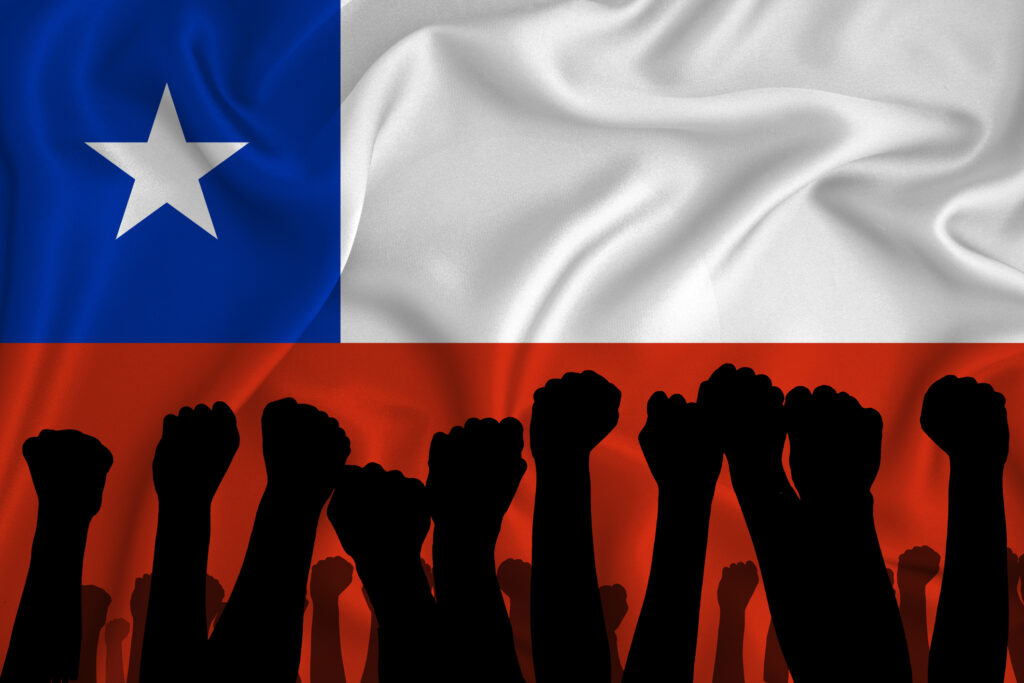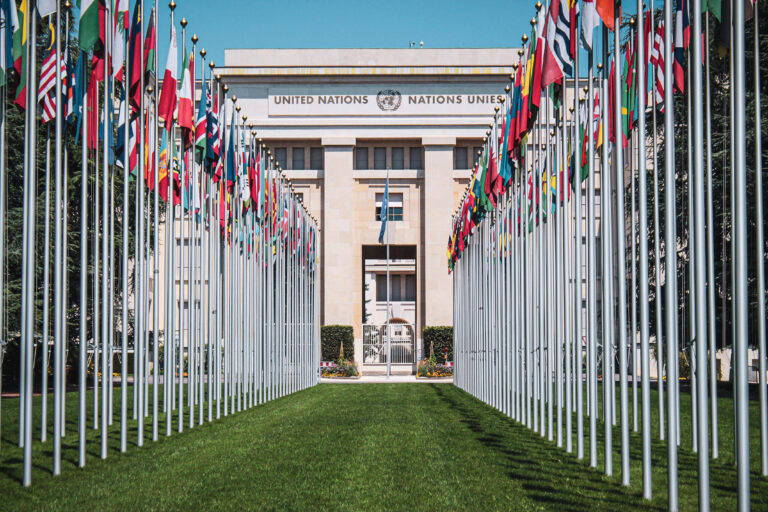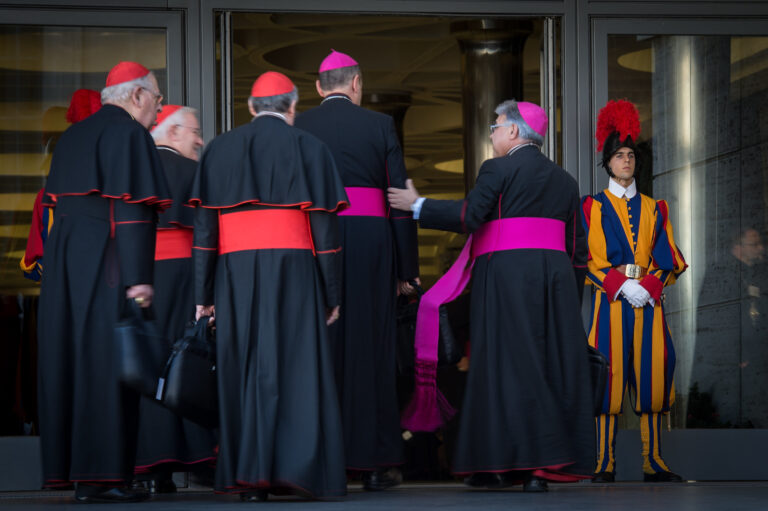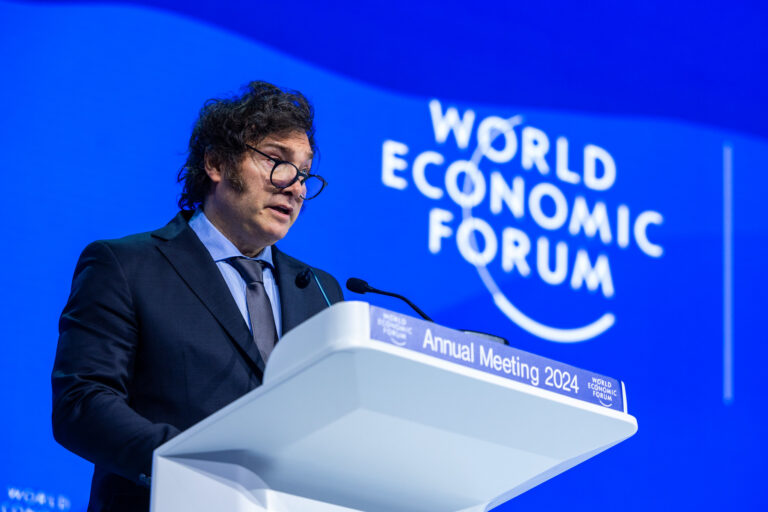For years, the Population Research Institute has documented the evils hidden within the concept of “gender” in countries around the world.
On Sunday, September 4, citizens of Chile faced a decision that would affirm or deny the “gender ideology” as never before. At stake was the proposal for the adoption of an entirely new constitution drafted by a newly elected and radical leftist majority.
The proposed text shaped the concept of personhood and all areas of social life around the “gender ideology,” all designed to force the agenda of abortion, euthanasia, and other destructive measures on an unwilling population.
For Chile in general and for pro-life groups in particular, its approval would have been a defeat of incalculable consequences.
Thank God, in the case of Chile, the proposal’s invitation to a dystopian future failed. For Chile and for pro-life groups, its approval would have amounted to a defeat far beyond politics. Its consequences in the culture at large would have been devastating.
In the weeks leading up to the vote, there was widespread fear of potential fraud in favor of the proposal’s passage. The administration of the newly elected Communist President, Gabriel Boric, was strongly in favor of the new constitutional text, and for Chile’s Left, such manipulation is familiar territory.
Fortunately, the proposed text failed to pass. Moreover, having gained only 37.8% of the votes cast, the massive rejection made impossible any attempt by the Left to commit the fraud that other countries in the region — and even the United States — have experienced in close contests. This time around, for even the best of Latina America’s renowned corruptos,the barrier to overturning the vote by deception was simply insurmountable.
Not that they wouldn’t try. Just 11 months earlier, 78% of the population had voted for a Constituent Assembly elected to replace the current Constitution. Amidst a campaign of violence and propaganda, Chile’s Left implied that, because the current Constitution had been approved by Augusto Pinochet’s regime in 1980, it must be revoked.
Of course, they did not say that in the following years the Constitution had been reformed 31 times by democratically elected governments, among them by President Ricardo Lagos, former ambassador of the Communist government of Salvador Allende.
The economic meltdown in Chile, the region’s most developed country, was compounded by the government’s passivity in the face of rising violent crime. But it was the proposed text’s radical slant that finally coaxed Chileans out of their trance in the closing days before the vote. Upon reading the radical text of the proposal, Chileans fortunately realized that they were only one step away from the abyss.
Ultimately, few Chileans longed to live in the dream world of a “plurinational, intercultural, regional and ecological” state (Article 1) that would promote the coexistence of “women, men, sexual and gender diversity and dissidence” (Article 6).
The text also proposed that “the powers and organs of the State shall adopt the necessary measures to adapt and promote legislation, institutions, regulatory frameworks and the provision of services, in order to achieve gender equality…” (Article 6). Thus, gender became the mission of the State, and its vision of reality, since government activity had to be carried out with a gender perspective in all social spheres: in education (Article 35), health (Article 44), and labor (Article 49).
By defining what is meant by “gender,” the proposed text conferred on the State the moral capacity to judge all conduct in both the public and private spheres. Concepts derived from “gender” – such as “gender approach”, “gender equity”, “gender discrimination” or “gender violence” — would be the moral pillars of this new world. Defining and re-defining “gender,” constructing and deconstructing it arbitrarily, would be the key to regulating any freedom or right.
In other words, the text not only endorsed a “gender-friendly” republic but sought to put Chile on the verge of being an authentic “gender-topia”.
History has shown that, sooner rather than later, the dream of “gender-topia” always brings on a nightmare of ideological dictatorship. Enoch Burke, the courageous Irish teacher imprisoned for refusing to call his students by gender pronouns, could certainly second that notion.
Had this “gender constitution” passed, it would have conferred on the state a number of capabilities that the ordinary citizen could never imagine.
For example, the state would be the new guardian of minors (Articles 26 and 27). Fathers or mothers merit only one mention in the text — to remind them that their children are not children but “dependents” whose “best interests” will be determined by the State (Article 41).
Other powers conferred on the state would include its exclusive power to protect “sexual and reproductive rights,” including the “voluntary interruption of pregnancy” (article 61). The state would also be the judge, jury, and executor in applying the “right” to euthanasia (article 68), whether voluntary or mandatory.
The false promise of “gender” utopia inevitably leads to a dystopian destruction of life and family. Happily, the citizens of Chile resoundingly rejected that nightmare on the fourth of September.











